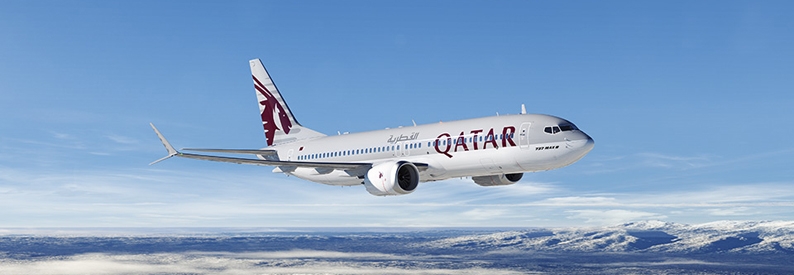Qatar’s Jet Gift to U.S. Sparks Legal, Ethical Debate

The U.S. Department of Defense has accepted a $400 million Boeing 747 VIP aircraft from Qatar as an “unconditional” gift to serve as the next presidential jet, raising immediate legal and ethical concerns. The unusual arrangement was formalized on July 7, 2025, through a Memorandum of Understanding (MOU) signed by U.S. Defense Secretary Pete Hegseth and Qatar’s Deputy Prime Minister Saoud bin Abdulrahman Al Thani.
While the official terms of the MOU have not been made public, CBS News obtained a copy that clearly states the donation is unconditional and the United States will not pay for the aircraft. “The parties affirm that the donation is a bona fide gift,” the agreement reads, with explicit language denying any form of bribery or corrupt practice.
Despite that disclaimer, scrutiny over the deal has escalated. The aircraft will be transferred “as is,” requiring the Pentagon to cover all retrofitting costs to meet presidential security and communication standards. Funding for the modifications is expected to come from surplus funds originally allocated to the LGM-35A Sentinel nuclear missile program, which were recently deemed “excess to need” by the Air Force.
The decision has prompted outcry from watchdog groups and constitutional scholars. The Freedom of the Press Foundation, represented by legal advocacy group American Oversight, filed a lawsuit against the U.S. Department of Justice to obtain the full memorandum. The group’s legal filing calls the jet “an illegal, unconstitutional payoff from a foreign government to the president at a scale we’ve never seen before.”
The core of the controversy centers on the Foreign Emoluments Clause of the U.S. Constitution, which prohibits anyone holding federal office from accepting gifts or payments from foreign states without the explicit consent of Congress. Legal experts argue that the gift, even if made to the U.S. government, may run afoul of this clause unless Congress formally approves the transaction.
Compounding the issue are questions about how the arrangement originated. While the Trump administration claimed that Qatar offered the jet unprompted, several sources allege that the U.S. initiated the talks after President Trump expressed frustration over a two-year delay in the delivery of new presidential aircraft from Boeing.
If true, the optics suggest a possible effort to bypass standard procurement timelines through backchannel diplomacy, which critics say risks undermining legal norms and national security protocols. Transparency advocates have also flagged the secrecy surrounding the agreement as concerning, noting the lack of clarity about Qatar’s motivations and the timeline of negotiations.
The episode has ignited debate in Washington over executive power, procurement ethics, and the role of foreign influence in high-level decision-making. As legal challenges move forward, the fate of the gifted aircraft—and whether it will ever serve as Air Force One—remains uncertain. Congressional oversight, constitutional compliance, and public accountability may soon determine whether the gift is accepted, returned, or becomes a long-term legal flashpoint.
Related News : https://airguide.info/?s=Qatar+Airlines
